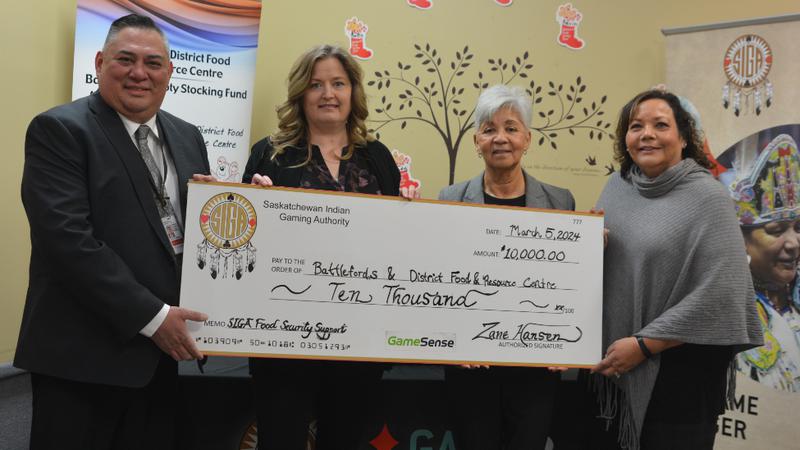
A look at COVID-19 reopening plans across the country
As COVID-19 vaccination rates increase and case numbers drop across the country, the provinces and territories have begun releasing the reopening plans for businesses, events and recreational facilities.
Most of the plans are based on each jurisdiction reaching vaccination targets at certain dates, while also keeping the number of cases and hospitalizations down.
Here’s a look at what reopening plans look like across the country:
Newfoundland and Labrador:


